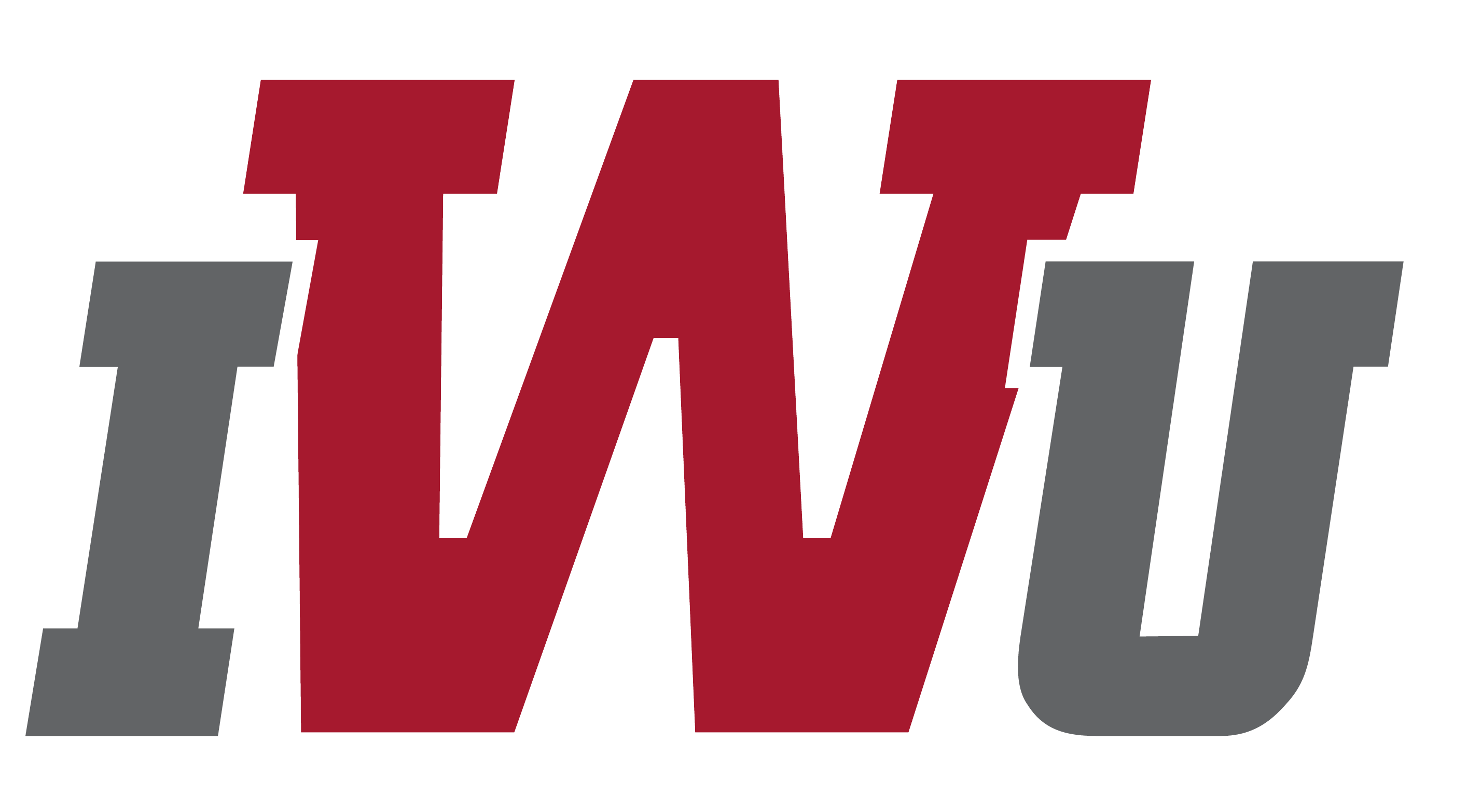 Master’s in Biology Education
Next Start |
Request Info
Apply Now
Master’s in Biology Education
Next Start |
Request Info
Apply Now
If you want to teach biology at the college level, discover the Master of Science in Biology Education program at Indiana Wesleyan University. With this MS program, you can take a deep dive into advanced topics in this field, while sharpening your teaching and leadership skills. You will learn from faculty with experience teaching biology in a variety of settings: classroom, online, and hybrid. This will help you become more effective, no matter which type of education setting you want to pursue. Upon completing this program, students have a firm grasp of scientific knowledge, critical thinking, and quantitative skills.
Why pursue my MS in Biology Education at IWU?
There are several benefits of earning your master’s in biology education at IWU. With this online program, you can take advantage of a full system of student support with the convenience of online learning. We offer tech support, tutoring, and full-time chaplains for all our students. Our Christian faculty teach from the same biblical worldview valued on our campus, so that students can implement these principles in a fulfilling career. Plus, we lock in the rate of your tuition once you enroll. This eliminates the worry of cost increases after you begin classes.
What will I learn in this MS in Biology Education program?
The master’s in biology education curriculum is designed to help students become more effective, knowledgeable teachers in biological sciences. The courses in this Master’s in Biology Education online program cover a wide range of topics, including biological chemistry, cell biology, systems biology, genetics, human physiology, research tools, and more.
What Makes IWU Different?
IWU has provided education for more than 100 years.
Christ-centered support, resources, and services to online students, staff and faculty.
Discover online student resources to help along your journey.
Financial aid is available in the form of grants, loans, scholarships, veterans’ benefits, and employer reimbursement.
The curriculum for this master’s in biology education covers how to:

These courses contain the program-specific knowledge. Upon completion, you should have the tools to conquer your new career with confidence. For a full list of courses required to complete your degree, please visit the course catalog. Click on a course below to view the description.
BIOL-501,BIOL-502,BIOL-503,BIOL-504,BIOL-505,BIOL-506,BIOL-507,EDUC-510,EDUC-520,EDUC-530,EDUC-600,EDUC-630


Indiana Wesleyan University is accredited by The Higher Learning Commission (HLC), www.hlcommission.org, 312-263-0456. Other accreditations and associations of Indiana Wesleyan University are available at www.indwes.edu/about/iwu-profile/accreditation.